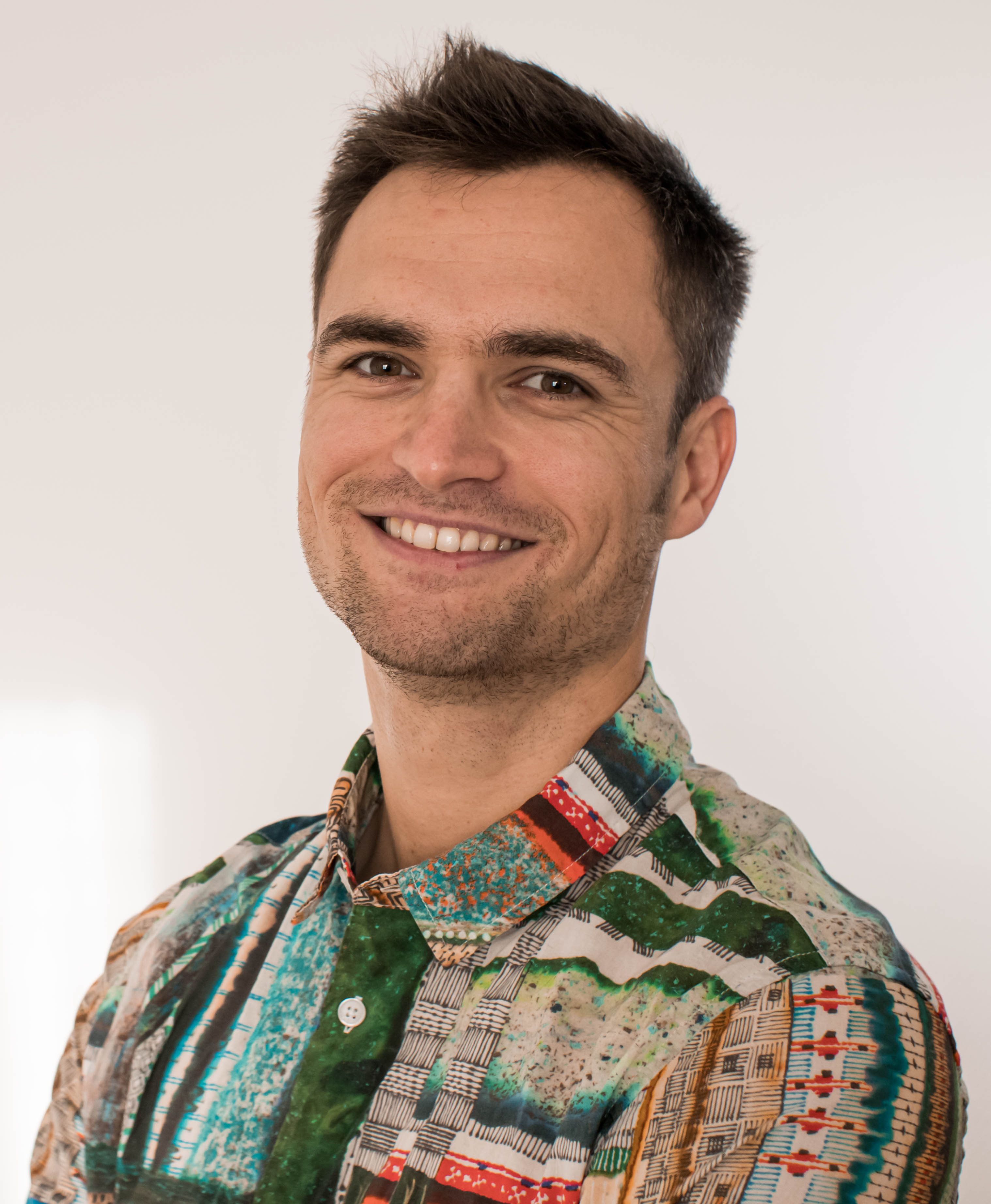Guillaume Bellec
Code resources - Publications - Teaching
Assistant Professor at the Machine Learning Research Unit
Technical University of Vienna (TU Wien, Austria)
guillaume . bellec @ tuwien . ac . at
Office FB 02 14, Second floor
Erzherzog-Johann-Platz 1
1040 Vienna
+43 664 14 00 987

I study the principles of brain computation using machine learning and artificial intelligence (AI). My work is most well-known for showing how a functional artificial intelligence can emerge from simplified mathematical models of biologically realistic neural networks. I studied machine learning during my Master’s in Paris and completed my PhD in 2019 at the Institute for Theoretical Computer Science of TU Graz in Austria. After a postdoc in the Laboratory of Computational Neuroscience at EPFL in Switzerland, I started my lab in 2025 at TU Wien (Vienna, Austria). Multiple of my publications are published in selective computer science conferences like NeurIPS or ICLR and more generalist journals like Nature Communications.
In 2019 I created Chord ai with another AI researcher Vivien Seguy. Chord ai is a mobile application using deep learning and artificial neural networks to recognize musical chords in real-time. The application and Chord ai has had more than 2,000,000 users on iOS and Android platforms in 2025. The technical achievement has been to bring state-of-the-art artificial intelligence technology to any popular power-limited mobile device. Besides the scientific challenge, I hope that it will help amateur musicians like me to improve their musical skills.
Open-source codes
- Multitask mini-toolbox in PyTorch: optimize multiple loss functions without fine-tuning task weights.
Data-constrained simulations of biological neural networks
-
Trial matching in PyTorch: biological network model of electrophysiology data with optimal transport NeurIPS 2023.
-
Sample-and-measure in TensorFlow 2: fitting neural data with a differentiable spiking simulator NeurIPS 2021.
Models of brain plasticity and neuromorphic computing
-
CLAPP in PyTorch: local (layer-wise) self-supervised learning NeurIPS 2021.
-
E-prop in Tensorflow: a local alternative to back-prop through time Nature Communications 2020 paper.
-
LSNN in Tensorflow: Long short-term memory and meta-learning in spiking neural networks NeurIPS 2018.
-
Deep Rewiring in Tensorflow: training sparse deep networks from scratch ICLR 2018.
Selected publications
For a complete list of publications, visit my google scholar profile.
-
Biologically informed cortical models predict optogenetic perturbations
C Sourmpis, CH Petersen, W Gerstner, G Bellec
eLife 2025 - Biorxiv 2024 -
High-performance deep spiking neural networks with 0.3 spikes per neuron
A Stanojevic, S Woźniak, G Bellec, G Cherubini, A Pantazi, W Gerstner
Nature Communications 2024 - Arxiv -
Spiking Music: Audio Compression with Event Based Auto-encoders
M Lisboa, G Bellec
Arxiv 2024 -
Trial matching: capturing variability with data-constrained spiking neural networks
C Sourmpis, CCH Petersen, W Gerstner, G Bellec
NeurIPS 2023 - Code - Arxiv -
Fitting summary statistics of neural data with a differentiable spiking network simulator
G Bellec*, S Wang*, A Modirshanechi, J Brea, W Gerstner
NeurIPS 2021 - Code -
Local plasticity rules can learn deep representations using self-supervised contrastive predictions
B Illing, J Ventura, G Bellec*, W Gerstner*
NeurIPS 2021 - Code -
A solution to the learning dilemma for recurrent networks of spiking neurons
G Bellec*, F Scherr*, A Subramoney, E Hajek, D Salaj, R Legenstein, W Maass
Nature Communications - Code -
Biologically inspired alternatives to backpropagation through time for learning in recurrent neural nets
G Bellec*, F Scherr*, E Hajek, D Salaj, R Legenstein, W Maass
TL;DR: Three chapters on eligibility propagation, the first became the Nature Communications paper
Arxiv 2019 -
Long short-term memory and Learning-to-learn in networks of spiking neurons
G Bellec*, D Salaj*, A Subramoney*, R Legenstein, W Maass
NIPS 2018 - Code - Arxiv -
Memory-Efficient Deep Learning on a SpiNNaker 2 Prototype
C Liu*, G Bellec* … R Legenstein and C Mayr
Frontiers in Neuroscience 2018 -
Deep Rewiring: Training very sparse deep networks
G Bellec, D Kappel, W Maass, R Legenstein
ICLR 2018 - Code -
Neuromorphic hardware in the loop: Training a deep spiking network on the brainscales wafer-scale system
S Schmitt, J Klähn, G Bellec … R Legenstein, W Maass, J Schemmel, K Meier
(IJCNN 2017) International Joint Conference on Neural Networks -
Slow feature analysis with spiking neurons and its application to audio stimuli
G Bellec, M Galtier, R Brette, P Yger
(JCNS 2016) Journal of Computational Neuroscience -
Creating audio-based experiments as social web games with the casimir framework
D Wolff, G Bellec, A Friberg, A MacFarlane, T Weyde
(AES 2014) Audio Engineering Society Conference -
A social network integrated game experiment to relate tapping to speed perception and explore rhythm reproduction
G Bellec, A Elowsson, A Friberg, D Wolff, T Weyde
(SMS 2013) Sound and Music Computing Conference
(*: comparable contributions and teamwork)
Teaching
-
Machine Learning at TU Graz in 2019 (practicals at master level)
Registration page -
Introduction to machine learning at TU Graz from 2016 to 2019
(aka computational intelligence, lectures, and practicals at bachelor level)
Registration page -
Reinforcement learning at TU Graz in 2017
(aka autonomously learning systems, practicals at master level)